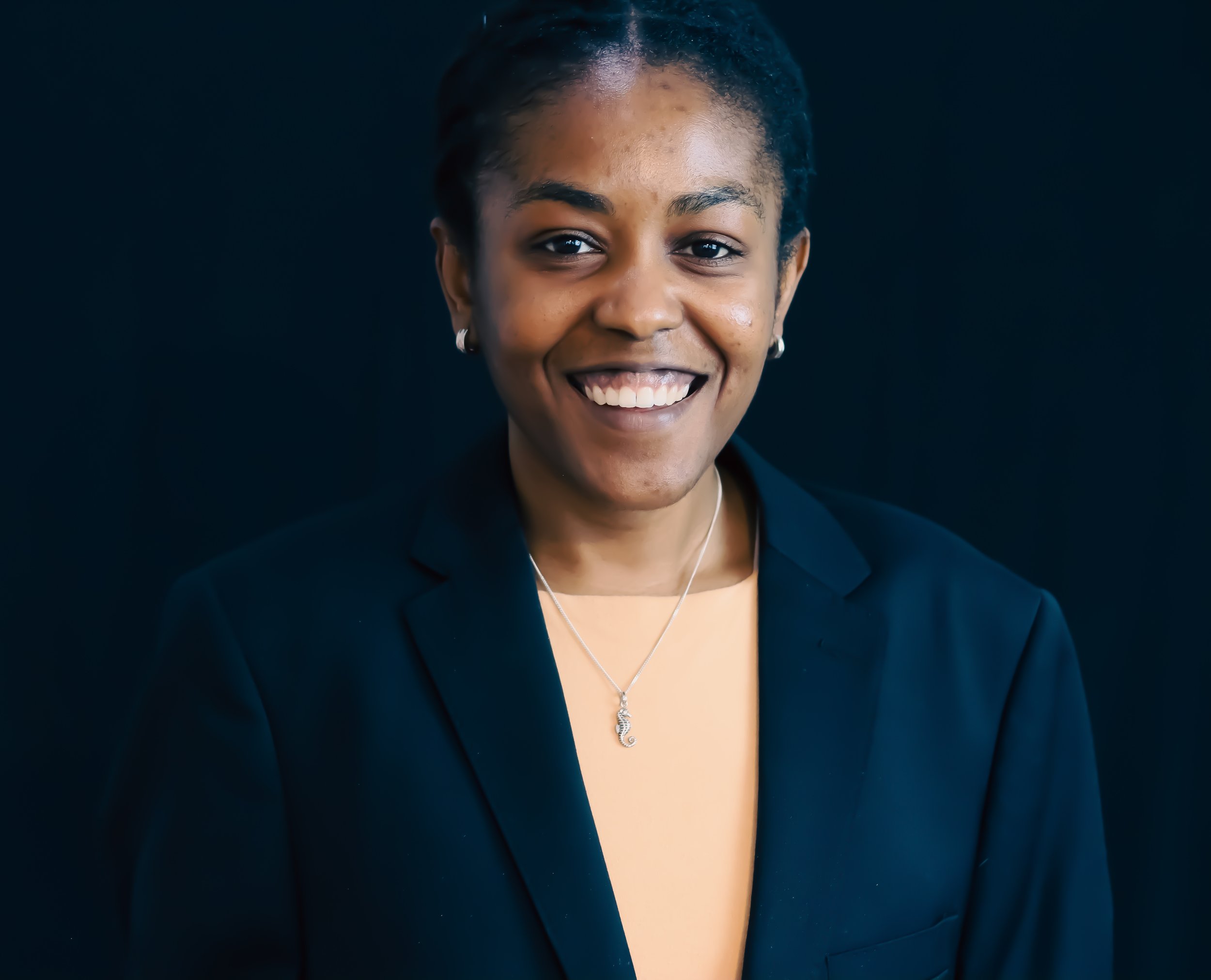I’ve Lived in Brazil for 2 Years and I Don’t Want to Speak Portuguese (Yet?)
By: Tamara Isaac
As someone who was raised in a bilingual context and had early contact with additional languages, I was once excited and curious about them. Discovering I was good at them only fueled my passion and encouraged me to explore them further. I successfully learned English and Spanish as my third and fourth languages in addition to my native Haitian Creole and (colonially imposed) French.
After being an immigrant in Costa Rica for nearly 14 years, I immigrated to Brazil two years ago in the hopes of healing from all the immigration violence I’d suffered in Costa Rica. After all, Brazil is known to have fairer immigration policies, especially for Haitian passport holders—that’s debatable, but a conversation for another day. As I settled and explored my new reality in the South of this continent, I realized I was not as excited as I thought I’d be about learning Portuguese and I now understand why.
I must confess that I was never really interested in learning Portuguese. I never particularly liked the way it sounds, so it was not on my list. But being in Brazil meant I didn’t have a choice. And to be fair, it was kind of refreshing to be in a new place where things might finally be different. So, I slowly started to get familiar with the place and the language, but constantly felt some sort of resistance—that I initially interpreted as laziness—when it came to using the language, especially in verbal interactions.
Don’t get me wrong, I have developed a more-than-acceptable level in Portuguese. I can handle all my business, and I even wrote—and later published—a poetry book less than a year after coming here. And yet, I still do not feel comfortable speaking it. I have even been (more or less consciously) avoiding situations that require me to speak it. My experience as a language specialist—whose language-related work goes beyond linguistics and multilingualism—has helped me understand the mental and emotional components of speaking a language. And this is exactly what speaking Portuguese feels like: a lot of mental and emotional work.
My experience as an immigrant in Brazil is different from what it was in Costa Rica. For almost 14 years, Costa Rica’s immigration industrial complex imposed on my bodymind more violence than it could handle. I went from being a girl who knew how capable she was and believed that her skills were enough to achieve goals to being a woman crushed by the weight of structural violence and unable to dream of a possible future. Needless to say, taking a chance on Brazil required a lot of courage and (barely available) energy to try to find a bit of safety in a world where I have never felt at home. But Brazil does not feel safe, and the language plays a big role in that.
Languages—and language in general—have always been one of the few things that feel like home. They’ve always been how I reclaim narratives and make sense of my world. I know this about me. People know this about me. However, Brazil is the first place where I have been constantly asked, “Where are you from?” almost every time I open my mouth. And it automatically triggers annoyance and mutism. Speaking feels unsafe because, while I am trying HARD to find comfort, Brazilian people constantly remind me that I do not belong here and only exist to satisfy their fleeting racist curiosity. So, I’ve grown quieter and quieter, and verbal interactions trigger more anxiety than usual.
I don’t want to “fit in.” I want people to understand and accept that differences are a normal part of life. I want them to interact with them without making them a “thing.” Being a Black immigrant neurodivergent woman living with CPTSD already makes social interactions—and life, really—difficult enough. So, I’ve always spent a lot of time at home by myself, because it is hard to build connections with people who rarely understand me, and repetitive disappointments make it hard to keep trying. At first, I thought I was just having the usual interpersonal challenges, but language alienation has added another layer to it. I avoid people because I also don’t want to be constantly interrogated about being an immigrant and told that my accent is different. I want to be treated like one more person who enjoys good conversation and fun activities.
I have thought about taking Portuguese classes. I even flirted with the idea of pursuing a Master’s degree. I participate in activities that require interacting with people. But, although the activities are fun, interacting with people still feels like a chore and uninteresting. And what do I hope for? To speak more like them? That might never happen, and I’m not interested in it happening. Besides, when I feel comfortable enough, I communicate just fine, so I know the issue is not the language itself, but rather how people use it as a measurement of how out of place I am. So, staying as invisible and as quiet as possible feels safer.
The feelings of anxiety and insecurity that arise in my body during these interactions show me that this context is very different from the ones where languages allowed me to feel like I could take over the world or at least push back more confidently. But the current reality is that I do not have the mental or emotional bandwidth to put myself in situations that almost always have the same violent outcome. Languages being one of my few safe places, I want to stay in the ones I know and give me control, rather than learning a new one in a place where I am forced to survive to prove to people that I belong. Well, I don’t belong. Get over it!
I want to hold on to language as my source of power, creativity, and stability—I don’t have much else. My functional competence in Portuguese is not enough to feel free or like myself. So, I want to keep my body wherever it feels known instead of exposing it to constant aggression. I am worn down by the structural erasure, systemic pressure, and having to prove myself constantly. I like a lot of things about Brazil, but I don’t like being the circus animal or being quizzed about what makes me “other.” I no longer respond to questions that make me feel uncomfortable.
Maybe self-preservation currently looks like not speaking Portuguese and finding people who already speak the languages I know, so I am not always hyper-exposed. Maybe safety isn’t always in “mastering” local languages, especially when we live at the intersection of so many oppressions. Maybe it’s in holding on to the languages that know how to hold our grief and pain, and just let us be. I don’t know whether there is a realistic way to honor what I enjoy about this place without sacrificing my sense of self. Maybe Brazil will be one more temporary thing in my life, like so many others have been. Who knows…
We don’t perceive our own accents. Others do. And now, I wonder if accents are a way for the body to keep a person as whole as possible. Maybe mine is my body’s way of refusing assimilation. A reminder that I don’t want to disappear.
Tamara Isaac is a Haitian multilingual lawyer, poet, language justice specialist, and author of Não Quero Ser Outra (I Don't Want to Be Another). Her work explores migration, language, belonging, and Black diasporic experience. She facilitates workshops on language justice and creative writing and is currently based in Brazil. [IG: @tamara.is]
Photo Credit: Paulo Chavonga

